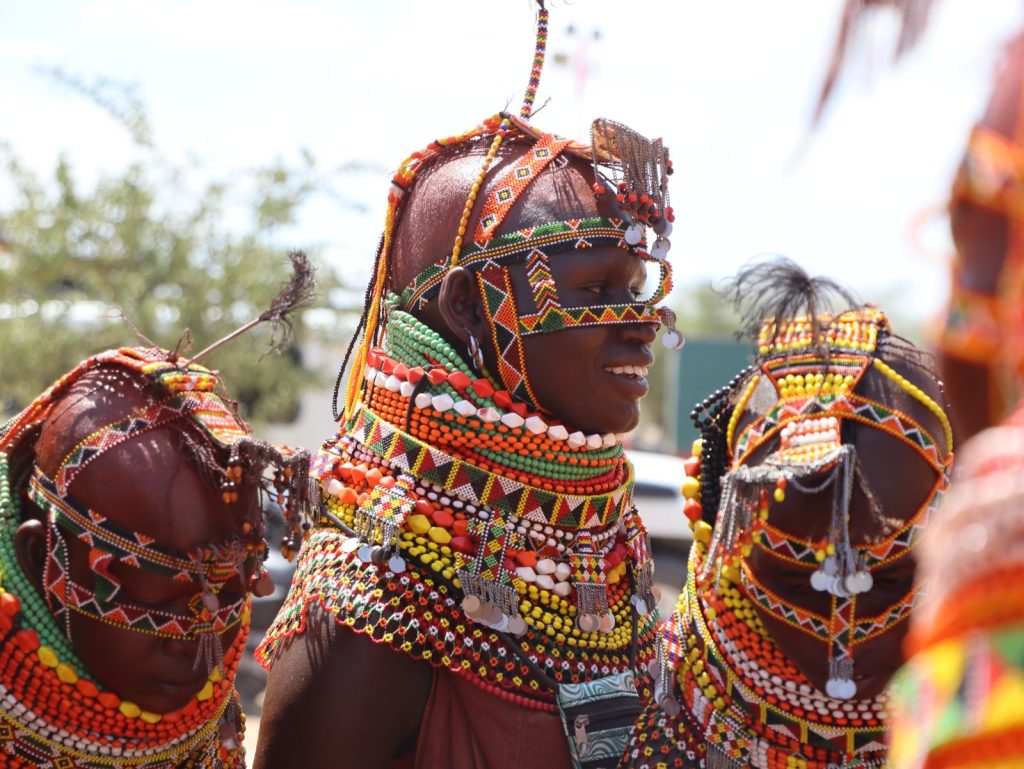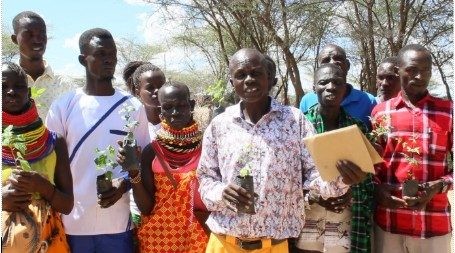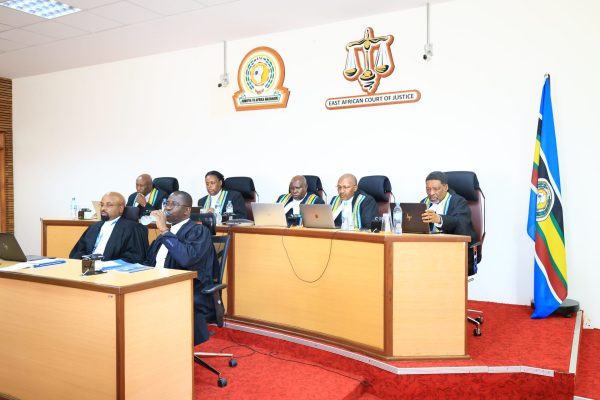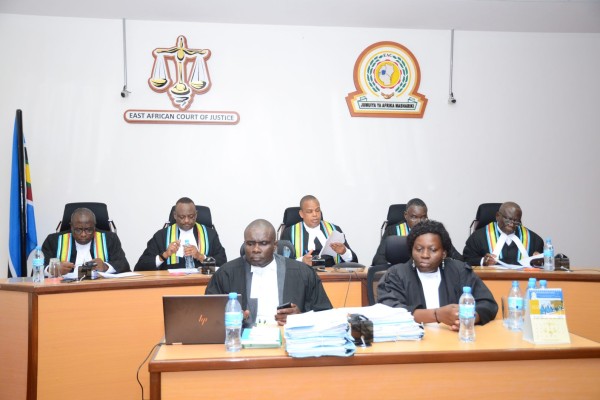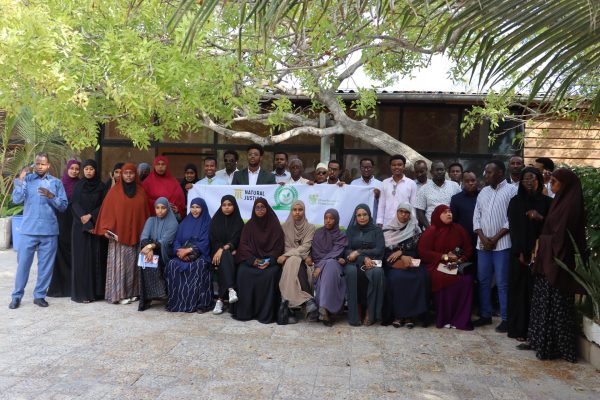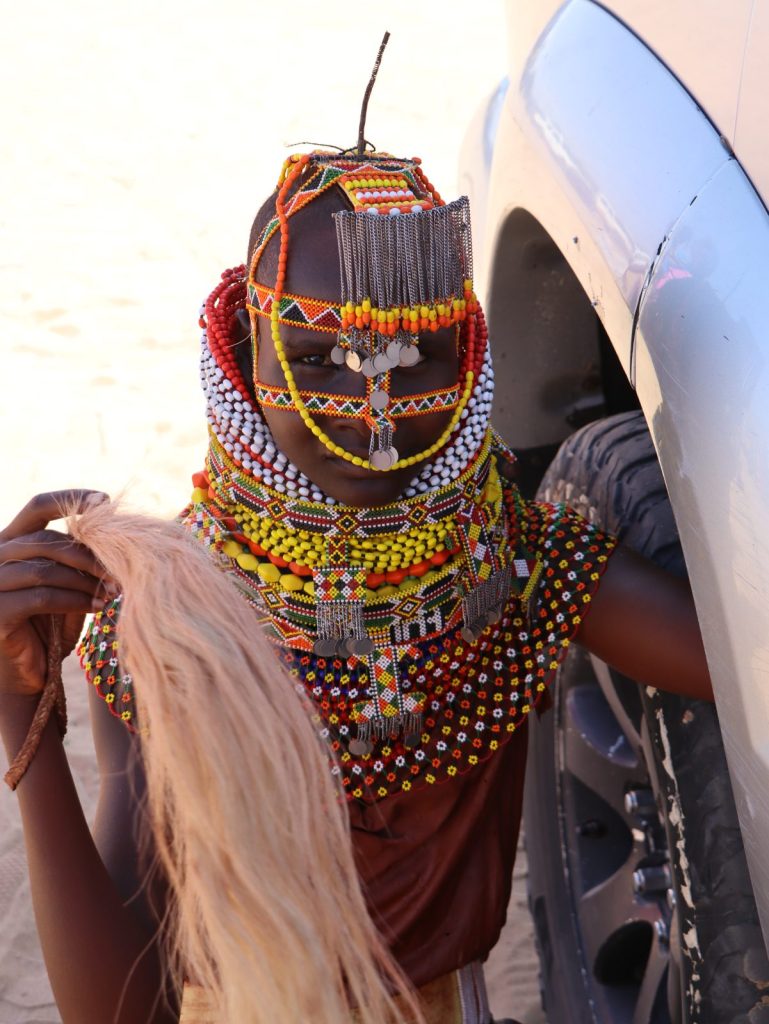
In the dusty plains of Nakukulas, a young girl gazes across the horizon. Her name is Arot Ariku. Born during the rainy season—a rare event in Turkana, where rain is a once-a-year phenomenon—she is seen as a rarity herself, a symbol of fortune and resilience. Her parents never sent her to school, instead viewing her as an asset, her worth defined by the cattle she might bring when married off.
Yet, Ariku’s worth, she believes, goes beyond a dowry. She looks out over the oil fields nearby and wonders about a life where her opportunities aren’t limited to tradition.
She’s heard the stories about the promises that came when Tullow Oil arrived in the region. Hopes were high that jobs and infrastructure would bring transformation to Nakukulas. For Ariku, it was the possibility of securing a job, one that could help her support her family and perhaps even change the fortunes of her village.
“When they came to drill for oil, we thought life would change. But all I have are dreams of what could have been, and a hope that someday, our lives will be valued beyond the oil,” she says, reflecting on years of unrealized potential and broken promises.
Recently, however, there was an announcement that stirred excitement in her village: the Turkana Festival, sponsored by Natural Justice, was set to celebrate the resilience of Turkana women. Ariku learned she was among 30 women chosen to perform at the event, where they would showcase the value of Turkana culture, their connection to the land, and the harsh realities they endure. And this time, they’d be performing in front of dignitaries and even the president.
Preparing for the festival was a journey in itself. For months, Ariku and the other women practiced songs and dances that embodied their identity and heritage. Their performance would tell a story—one of fierce pride but also of urgent struggle, especially as climate change reshapes their homeland in unpredictable ways.
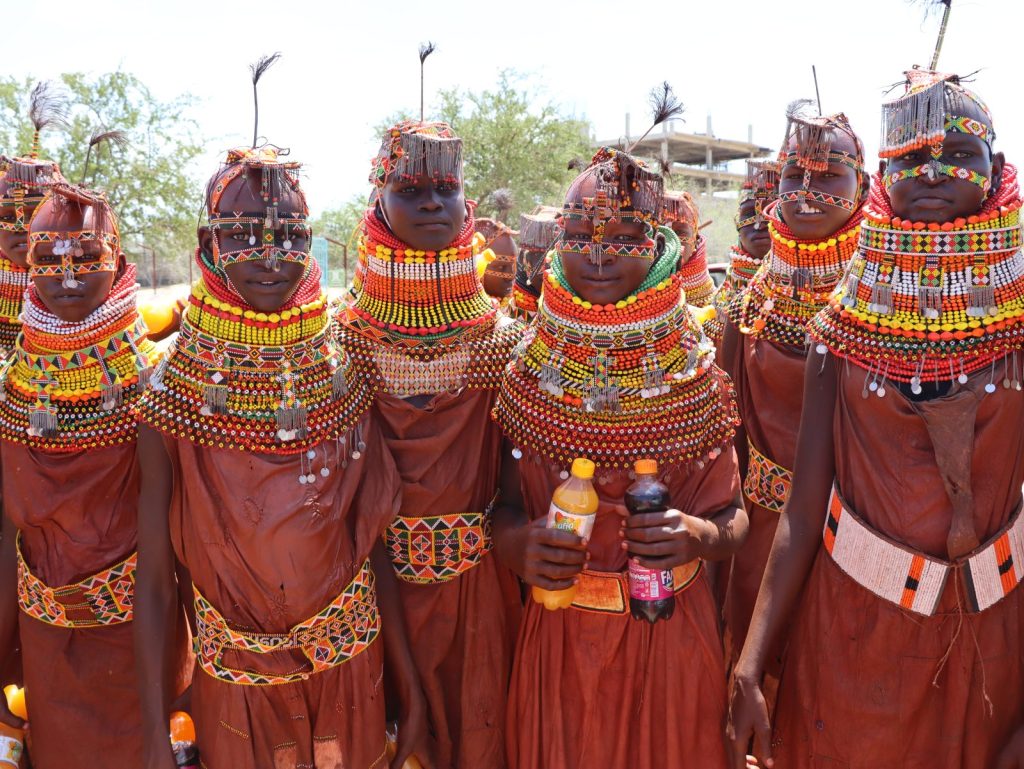
The day finally arrived. Ariku and her group boarded a bus to Lodwar, many seeing the town for the first time. Standing on stage that Thursday afternoon, her heart raced as she saw the president in the audience. Her voice rose in song, carrying the weight of her community’s story. She sang of last year’s droughts, followed by torrential rains that brought destructive floods. These were no ordinary weather patterns, she felt—they were signs of climate change, spurred by human activity and affecting the most vulnerable among them.
“When I sang, I wasn’t just telling my story—I was telling the story of every Turkana woman who watches her land wither under the sun and flood in the rain. We carry these burdens, and yet we rise,” she said, recalling the performance that lasted just two minutes but seemed to capture a lifetime of resilience and struggle.
Her message was a call for government action, urging leaders to take meaningful steps to address climate change’s effects on marginalized communities. Ariku’s views were shaped by recent legal training sessions from Natural Justice, which had empowered her community with knowledge on climate justice. For her, climate action means more than just policies—it means creating livelihood alternatives for those who rely on the environment, ensuring that voices from communities like hers are included in the solutions that affect them most.
“For two minutes, I stood on that stage and told the president our truth. I hope he remembers our faces and takes our message to heart,” she said, hopeful that their plea might spark real change.
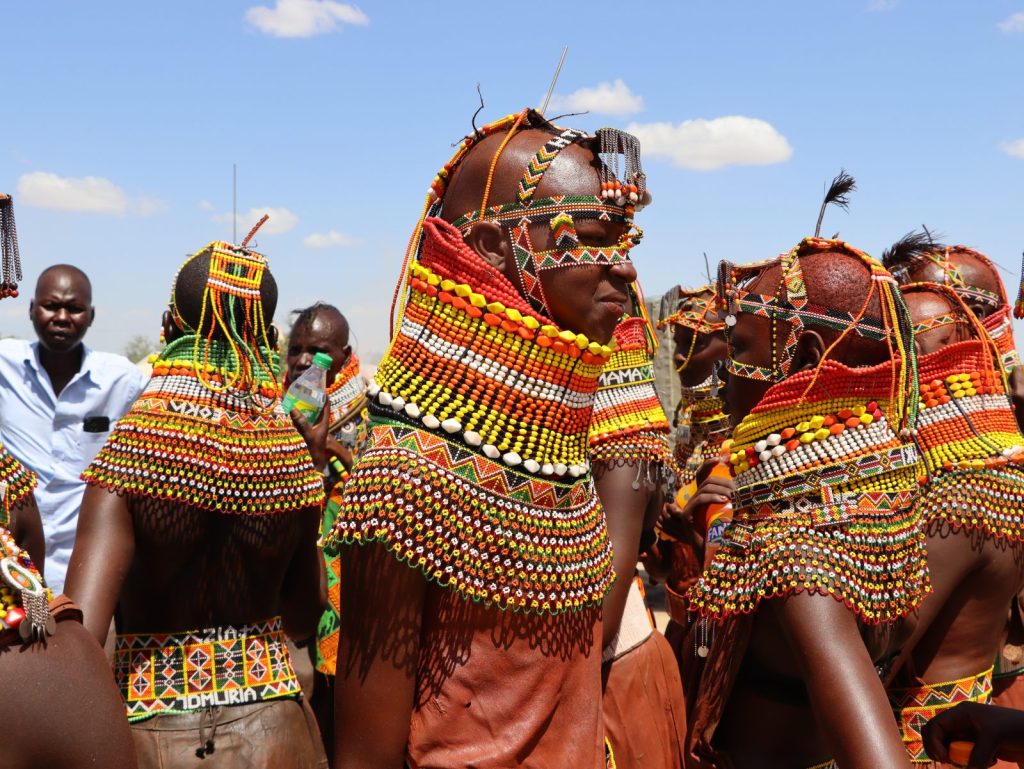
As she left the stage, Ariku allowed herself a rare moment of hope. She prayed that her words, her story, might resonate and inspire a brighter future for herself, her community, and the generations to come.

